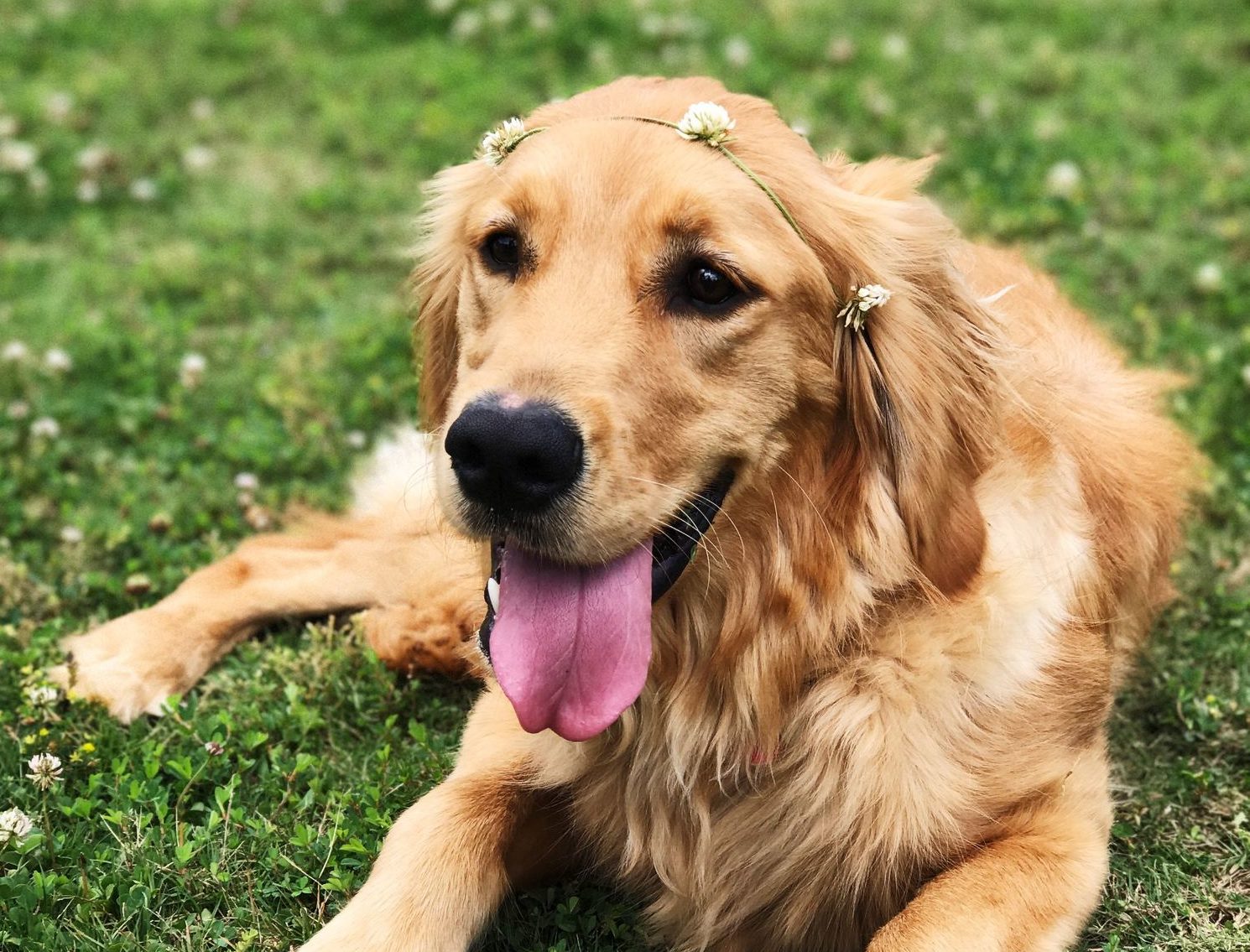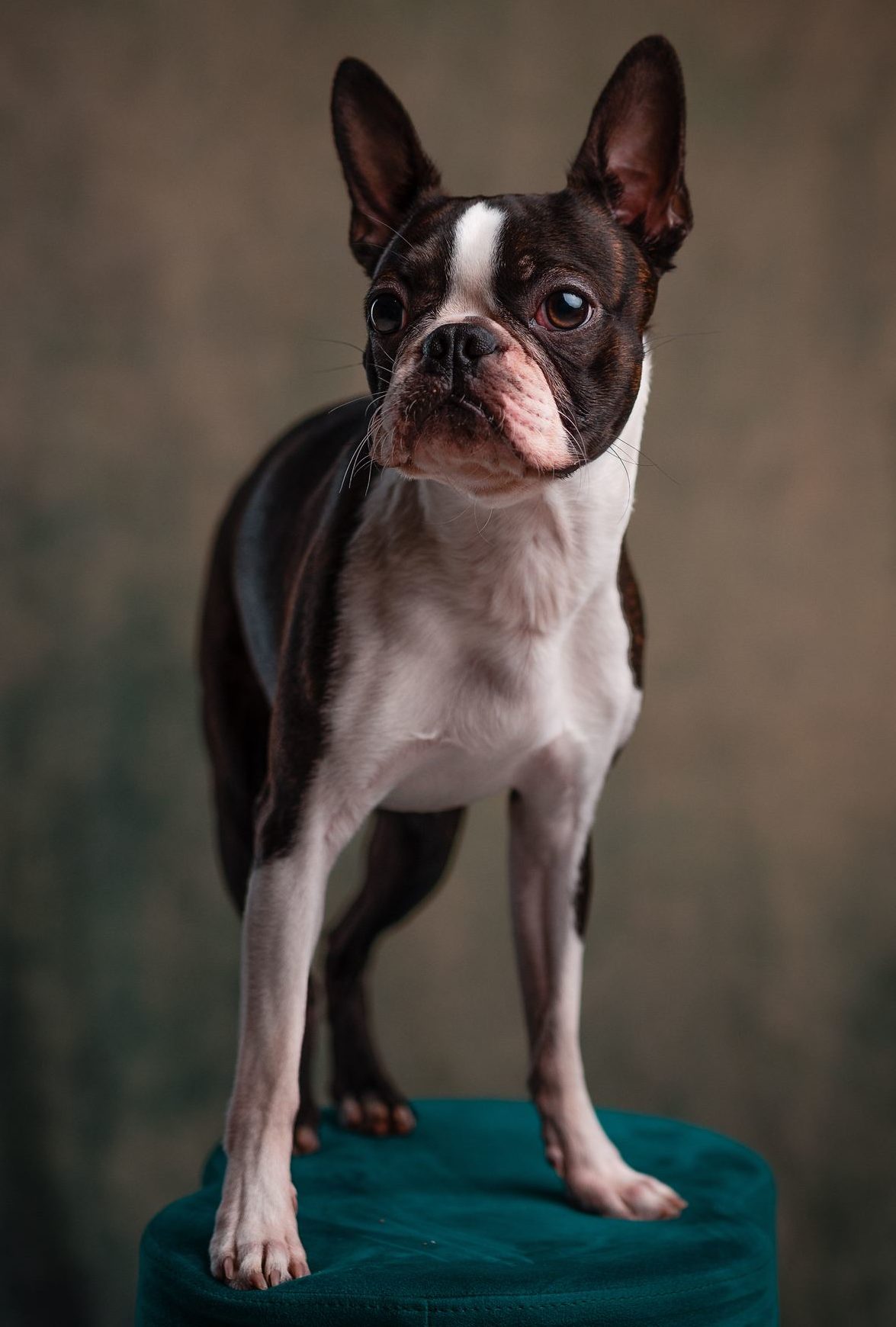So you have decided to get a dog, have thought about rescue or not, and made up your mind about whether a mix breed, crossbreed or pure breed is right for you. Great work! Now you’re up to choosing a dog breed. This might actually end up being the trickiest part: There are more than 200 breeds in the world, and that is before you look at crossbreeds. Don’t panic though, we’re here to help.
First thing to remember when choosing a dog breed is that breed profiles present stereotypes. Individual dogs may vary wildly depending on nature (genetics) and nurture (how they’re raised). So use the below as a guide–no guarantees!
Choosing a Dog Breed Is About More than Looks
When choosing a dog breed, the first things people consider usually are:
- How cute are they?
- How big are they?
- Are there puppies available right NOW?
- Are they going to leave hair all over my life?
These are all great questions, but they only scrape the surface of what you need to consider before choosing a dog. Just like with people, you need to move beyond good looks. This is super hard to do when puppies are involved, but it’s important. Yes Bernese mountain dog puppies are amazing, but how do you feel about full grown, 55 kilo dogs?
The most important considerations are around temperament, lifestyle fit, and health. There are lots of quizzes you can take online they may help narrow down the choice. Our picks are from Pet Positives and DogTime. Just don’t expect to get the same results. There are usually a few options suitable for your.

Talking About Temperament
We stress, choosing a dog breed with the right temperament is the most important factor to consider. Some starter questions are:
- How good are they with children and other pets? Golden Retrievers are renowned as being great with kids.
- Are they independent or do they want to be with you every second of the day? Chow Chows are very independent, whereas Weirmaramas want to be leaning against you all day (cute).
- Are they large or stubborn and so need an experienced owner? Dogue de Bordeaux’s size needs an experienced owner. Similarly Beagle’s single-minded focus on smell take a bit of experience to handle.
- Are they intelligent and require lots of mental stimulation? If dogs like Border Collies or Australian Shepherds become bored, they can get destructive. Say goodbye to your favourite shoes!
- Are they known to be aggressive to strangers or other dogs? Many of the Spitz-type dogs were originally working or guard dogs. They need extensive early socialisation to avoid problems.

Lifestyle Factors to Consider When Choosing a Dog Breed
Make sure your lifestyle and your dog’s energy levels match now and in the future. This is an essential factor in how to choose a breed as a mismatch will create problems.
- How active are you? Some dogs like Basset Hounds don’t need much exercise. Others like Koolies go crazy if they don’t get multiple workouts a day. If you can’t meet their exercise requirements, are you going to get others to help satisfy their needs?
- Do you live in a house with a large yard or an inner city apartment? While Boston Terriers are great for apartments, Cattle Dogs love a large yard.
- How much time will they spend away from people and will they be with another dog? Whippets like to have another dog as company, but are happy to be alone for long periods. Miniature Poodles are prone to separation anxiety if left alone for long periods. If you will be away for long periods, will they get walked during the day, or attend doggy daycare?

The Health of Different Dog Breeds
Pay close attention to the health problems each breed is prone to. You want to know all this before choosing a dog breed.
- Some breeds are inherently healthier than others. This can be expressed in different ways. Average life expectancy tells part of the story: Jack Russels live twice as long as Bernese Mountain Dogs who are plagued with cancer, arthritis and other joint problems. Insurance premiums provide more information on the average health of breeds. A Chihuahua’s insurance cost is almost half that each month of a French Bulldog.
- Some breeders are better than others. Each breed tends to have some specific health problems they are more likely to be susceptible to. Pugs have eye and breathing problems, Great Danes struggle with their hearts and potential for bloat, Dachshunds develop back problems. Good breeders consider these problems and select to minimise these risks. Genetic testing is growing in popularity to help breeders improve their dog’s health.
- Popular doesn’t mean easy. Some of the most popular breeds in Australia are squished faced (Brachycephalic) like Pugs, Frenchies, and Bulldogs. Their flat faces tend to make them look more human, and they often come with lots of irresistible wrinkles. If you are interested in this type of dog, then check out RSPCA’s education campaign as they can face some tough health problems.

Once You Have a Short List
- Join the breed-specific Facebook groups. This gives you a great insight into owning the breed as people share the good and the bad, and often ask for advice on issues they are facing with their dog. This will give you inside information on whether a breed is right for you.
- Stalk dogs of that breed on Instagram or in real life at the dog park. This way you can meet dogs and have conversations with their owners. Ask them about their experiences, challenges, and what they’ve loved about owning their dog.
- Remember that owning a dog is a big commitment that can last 15+ years. Be prepared to invest time in research up front to choose the right breed for you. Ask yourself: Sure this puppy is great, but could I handle this dog when they’re in their teens?
Need more information? Check out other articles on getting a dog, rescue dogs, and breed profiles.
Don’t forget to follow us on Facebook, Twitter, and Instagram.







